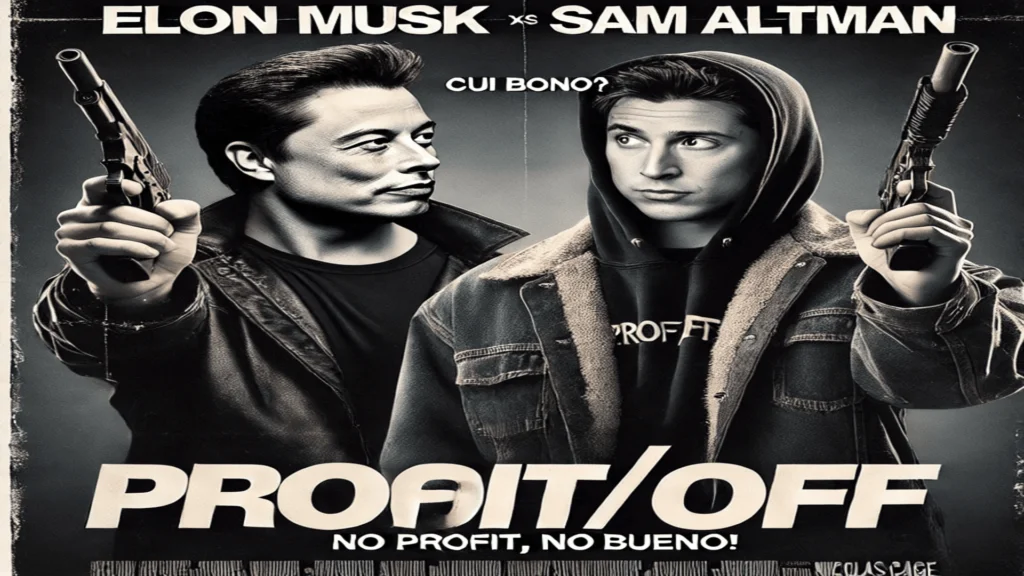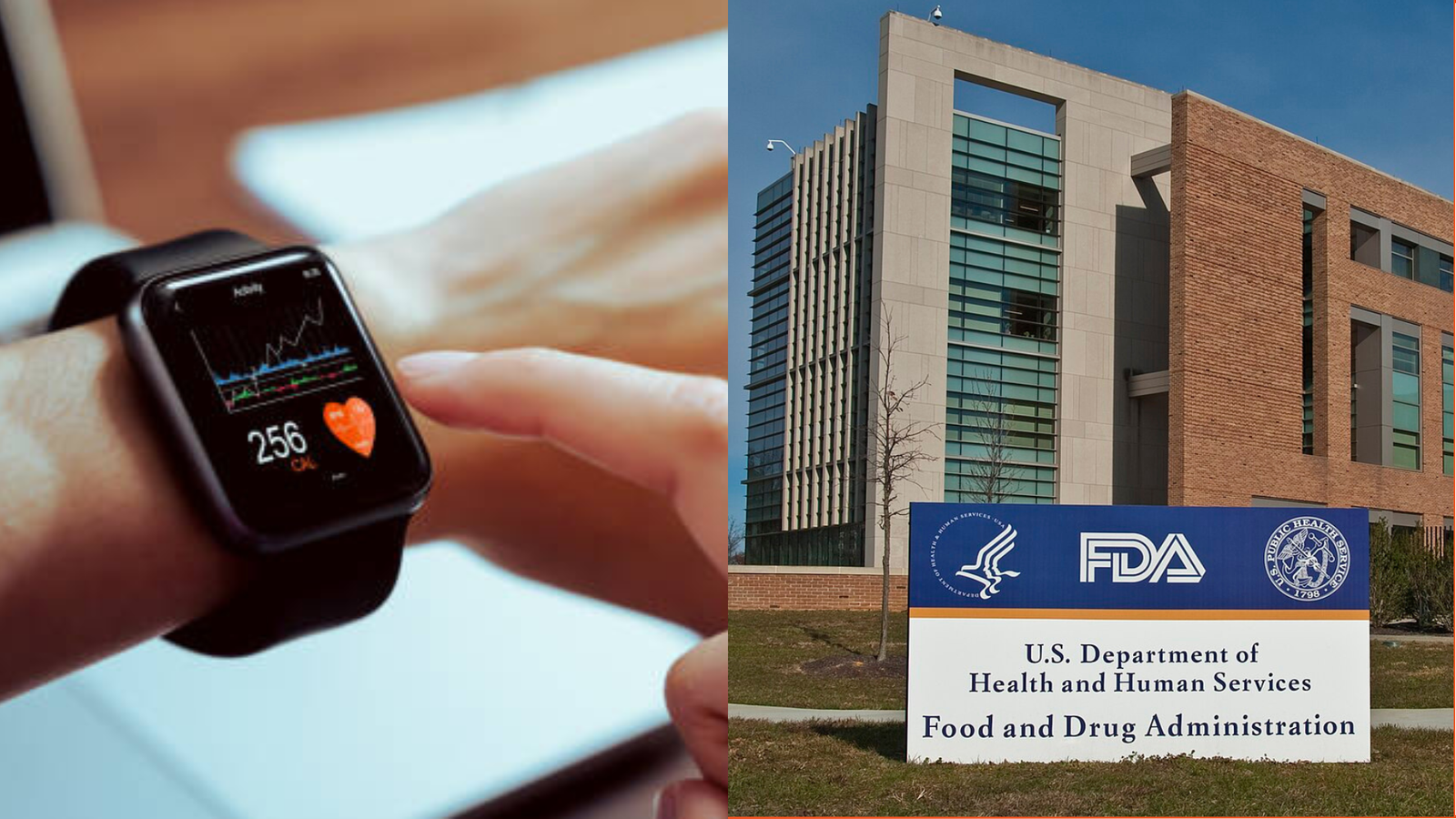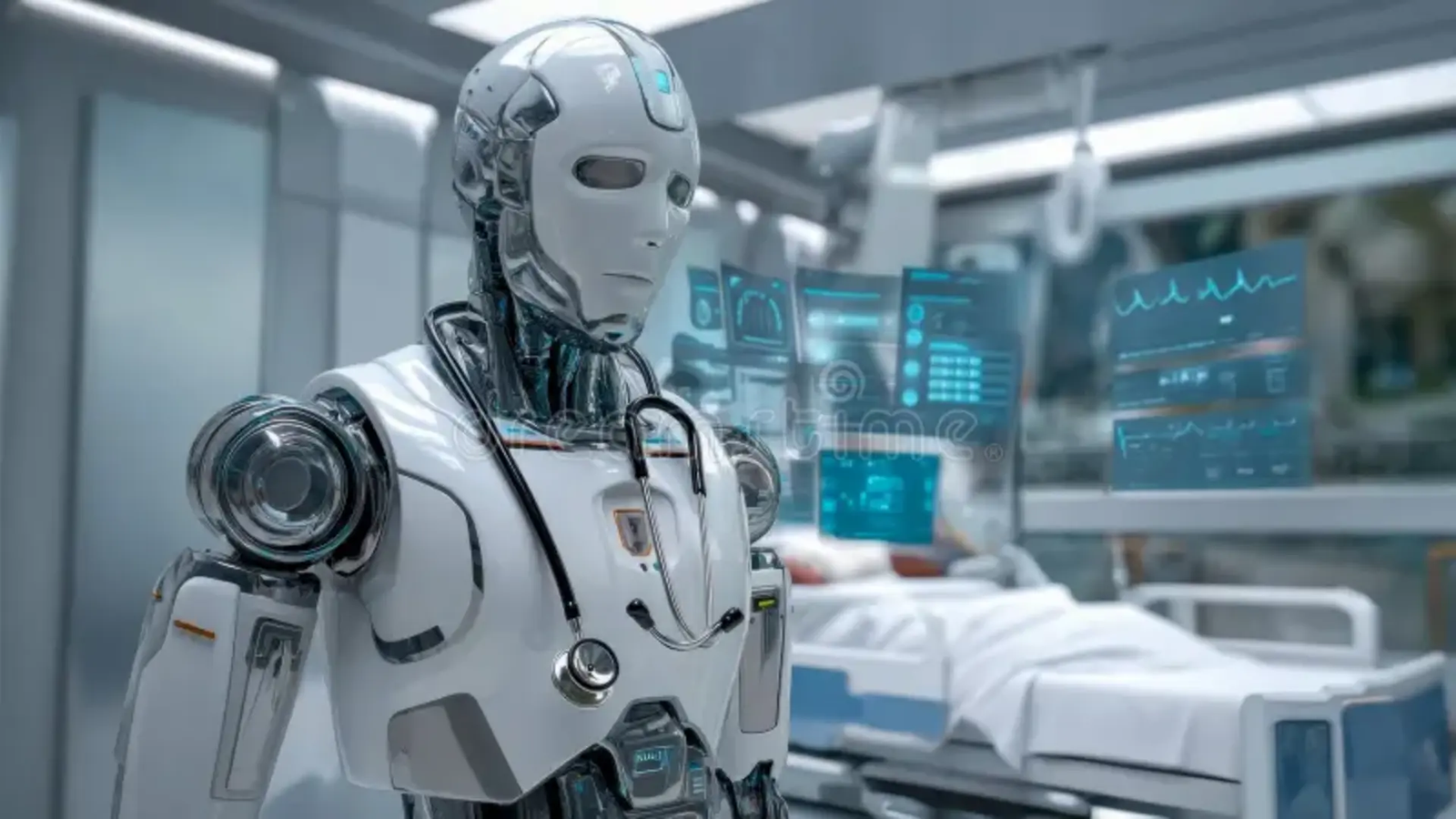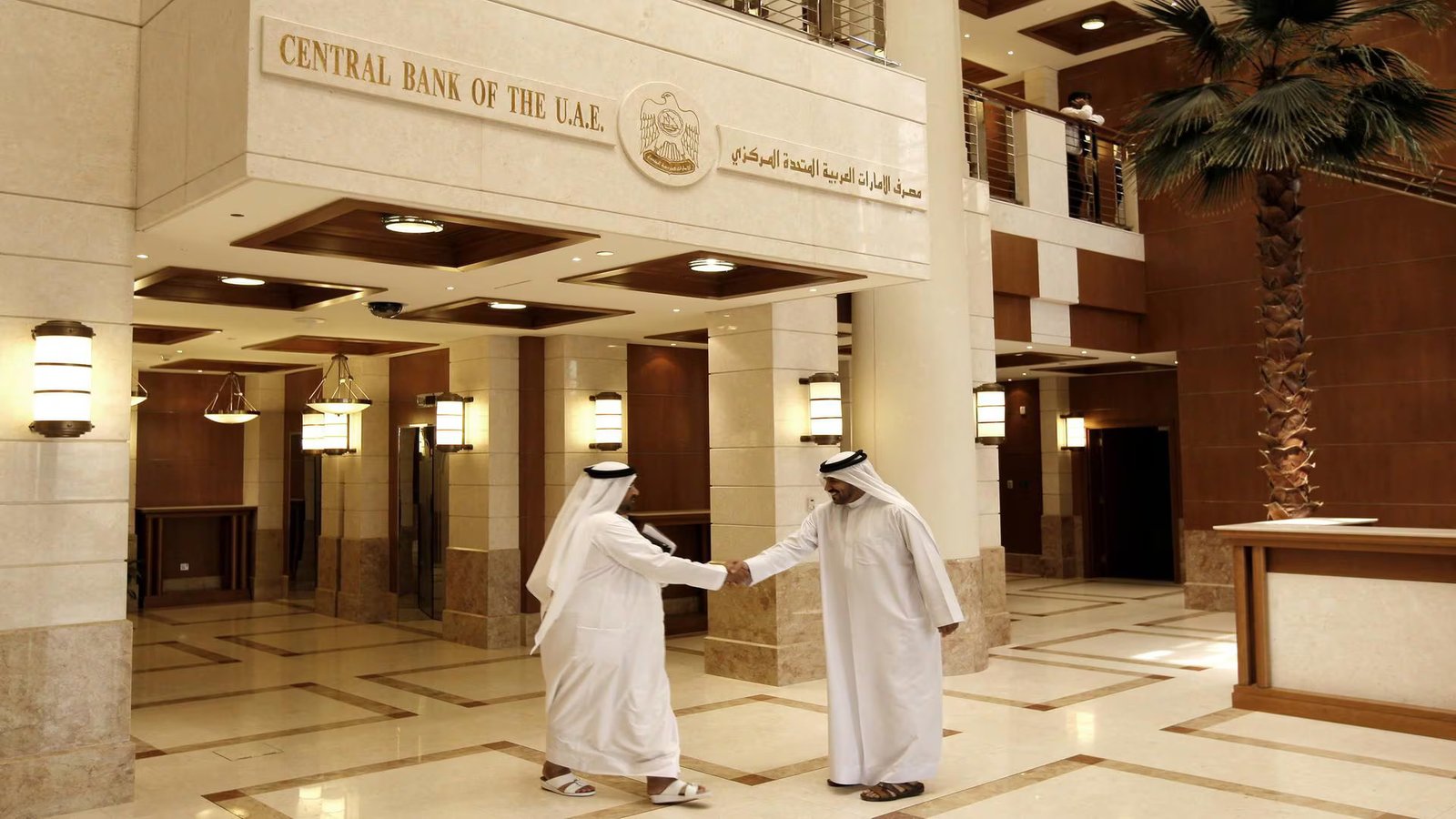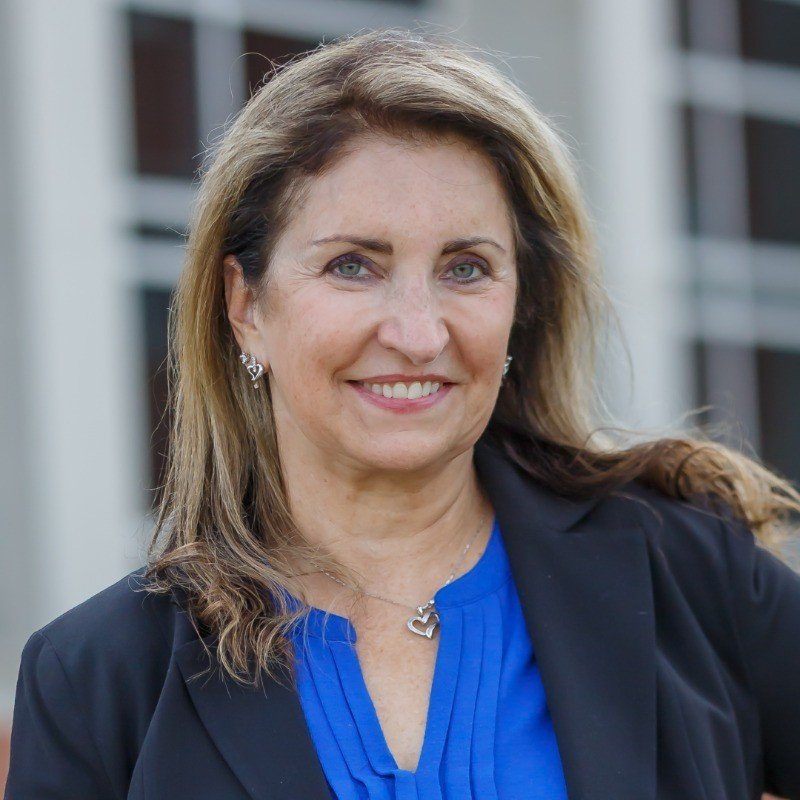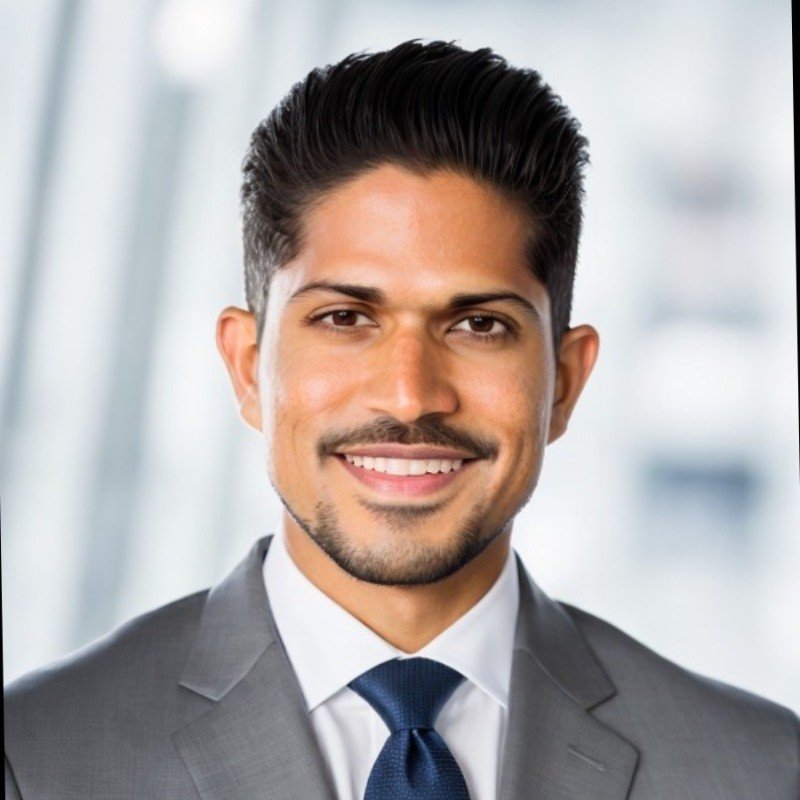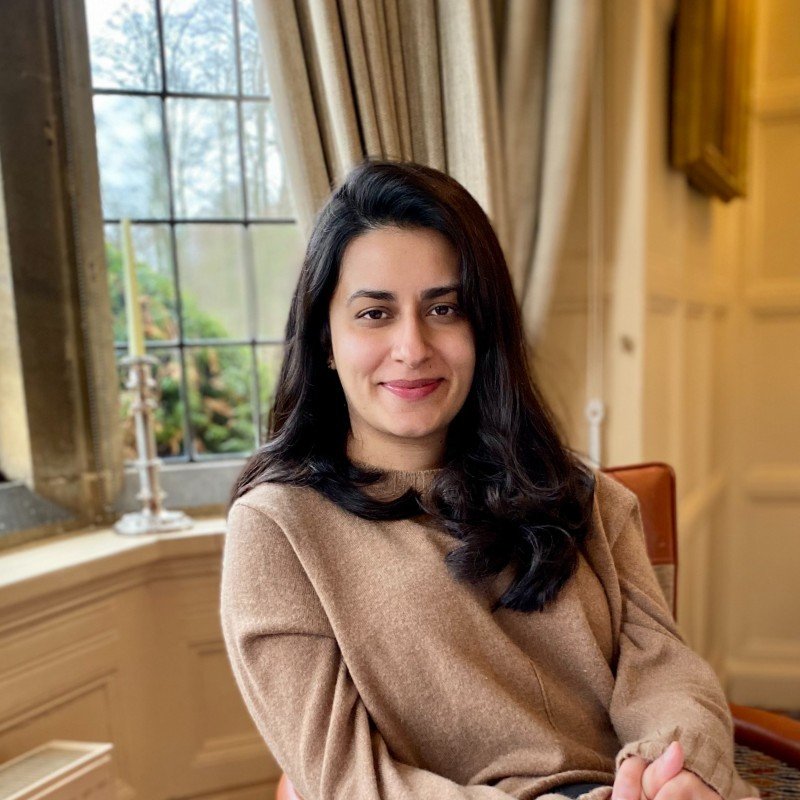OpenAI, on May 5, 2025, has abandoned its December 2024 decision to transition into a for-profit public benefit corporation (PBC), instead restructuring its for-profit arm into a PBC under nonprofit control.
This pivot follows intense scrutiny from regulators and stakeholders, including co-founder Elon Musk, whose August 2024 lawsuit against OpenAI and CEO Sam Altman accuses the company of betraying its 2015 nonprofit mission to prioritize commercial interests, particularly through Microsoft’s $13 billion investment.
OpenAI counters that its structure supports its research goals and accuses Musk of harassing the company to bolster his rival AI venture, xAI. The dispute, now headed for a March 2026 trial after surviving dismissal attempts, sparks a fierce debate over corporate accountability, AI ethics, and the balance between innovation and public good.
Background: OpenAI’s Origins and Musk’s Involvement
OpenAI emerged in December 2015, founded by Elon Musk, Sam Altman, Greg Brockman, Ilya Sutskever, and others, with a mission to develop artificial general intelligence (AGI)—AI surpassing human cognitive abilities—in a way that benefits humanity.
Structured as a nonprofit, OpenAI pledged open collaboration and public access to its research, countering profit-driven AI models Musk criticized at firms like Google. Musk contributed over $44 million between 2016 and 2020, covering a significant funding shortfall when initial pledges fell short. As co-chair, he championed AI safety, warning in 2016 that unchecked AI could pose existential risks. Sutskever led research efforts, while Altman shaped strategic direction.
Musk’s tenure ended in 2018 when he resigned, citing conflicts with Tesla’s AI initiatives, though tensions over OpenAI’s funding needs hinted at deeper rifts.
Chronology of Events
After co-founding OpenAI, Musk was a driving force until his 2018 departure, prompted by disagreements over the company’s direction as it grappled with the high costs of AGI research. OpenAI’s 2019 announcement of a capped-profit model marked a significant pivot, enabling partnerships like Microsoft’s initial $1 billion investment.
The launches of GPT-3 and ChatGPT further elevated OpenAI’s profile, drawing both acclaim and scrutiny for its commercial ties. Musk’s public criticisms intensified in 2023, decrying OpenAI’s profit focus. He filed a lawsuit in early 2024 in California state court, only to withdraw it mysteriously, before refiling in federal court in August 2024, alleging fraud and mission betrayal.
OpenAI responded by defending its restructuring and, in April 2025, countersued, accusing Musk of orchestrating attacks to undermine its operations.
Musk’s Claims Against OpenAI
Musk’s August 2024 lawsuit asserts that OpenAI has forsaken its nonprofit roots, violating the 2015 founding agreement by embracing a for-profit model under Microsoft’s influence.
The complaint alleges multiple violations, starting with fraud: Musk claims Altman and Brockman misrepresented OpenAI’s nonprofit commitment to secure his $44 million in donations, only to pivot to a commercial structure. He argues this constitutes unjust enrichment, as OpenAI profited from his contributions while abandoning the mission.
A breach of fiduciary duty claim targets Altman and the board, asserting they failed to uphold the nonprofit’s humanitarian goals. In November 2024, Musk added antitrust allegations, accusing OpenAI and Microsoft of restricting investors like Antonio Gracias from funding competitors like xAI, stifling competition.
Evidence includes OpenAI’s exclusive GPT-4 licensing to Microsoft, which Musk says contradicts the pledge for open access, and Microsoft’s $13 billion investment, which he claims turned OpenAI into a commercial juggernaut . Musk’s legal team also points to his xAI venture, arguing that OpenAI’s actions harm his efforts to advance safe AI.
OpenAI’s Defence
OpenAI defends its evolution, arguing that the 2019 capped-profit model was critical to fund the astronomical costs of AGI research, now supporting a $157 billion valuation and projected $3.7 billion in 2025 revenue.
The company cites emails from 2017 where Musk endorsed a for-profit component, suggesting his current objections are inconsistent. OpenAI maintains its mission to benefit humanity, pointing to ChatGPT’s 500 million weekly users and $200 million annual investment in AI safety.
Governance changes, including a board overhaul after Altman’s brief 2023 ouster, reinforce its commitment, despite employee disputes over commercialization. In its April 2025 countersuit, OpenAI accuses Musk of an “unlawful campaign of harassment,” citing a $97.4 billion “sham” takeover bid in 2024 and public attacks via X to discredit the company.
OpenAI argues these actions aim to benefit xAI, not protect public interest, and seeks an injunction to halt Musk’s interference.
Court Rulings
In March 2025, Judge Yvonne Gonzalez Rogers dismissed Musk’s breach of contract claim, ruling that the 2015 founding agreement did not explicitly bar restructuring.
However, she allowed fraud, and unjust enrichment claims to proceed, noting that OpenAI’s nonprofit promises could constitute misleading conduct if proven. The antitrust claim against Microsoft, alleging investor restrictions, also survived, supported by declarations from tech investors.
Discovery is underway, with Musk’s team seeking internal OpenAI communications and Microsoft deal documents, while OpenAI demands Musk’s xAI records to prove competitive motives. OpenAI’s countersuit, filed April 9, 2025, seeks punitive damages and an injunction, arguing Musk’s legal and public attacks are anti-competitive.
Current Status
As of May 2025, the lawsuit remains active in the Northern District of California, with a trial scheduled for March 2026. Both parties are deep in discovery, exchanging documents and depositions to substantiate their claims.
Musk’s fraud, unjust enrichment, and antitrust allegations, alongside OpenAI’s countersuit, will be central to the trial. A group of former OpenAI employees filed a brief in April 2025 supporting Musk, arguing the for-profit shift undermines the nonprofit’s mission, adding public interest weight to the case.
Conclusion
OpenAI’s abandonment of its for-profit plan undercuts Musk’s injunction request but not his lawsuit’s core. Fraud and unjust enrichment claims, tied to past nonprofit misrepresentations, remain viable for damages. Antitrust allegations against OpenAI’s commercial practices also persist. The March 2026 trial will test these claims.
Authors: Shantanu Mukherjee, Alan Baiju

